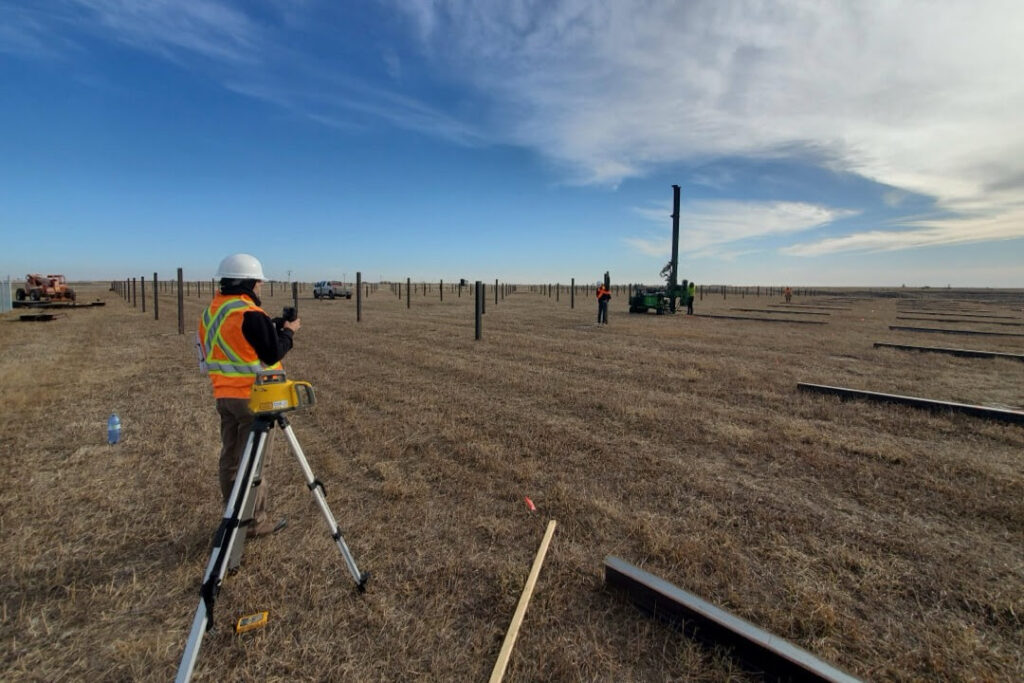
Compass Energy Consulting is your insurance policy for your ITC. We will hit the ground running. With a significant amount of project capital costs on the line, it will be critical for project stakeholders, especially financers and lenders in addition to owners, EPCs, and contractors, to understand the mechanics of the Clean Tech ITC and to ensure labour compliance is met and can be evidenced.
The Need for Compliance Management Support
It will be critical to understand what equipment is considered Clean Technology Property (or specified property) and what equipment is considered excluded property. Further, covered workers that must be paid prevailing wages, by definition, are only those workers performing labour on-site in relation to specified property.
The labour requirements consist of two compliance obligations for covered workers: 1) the prevailing wage requirement, and 2) the apprenticeship requirement.
A Structured Approach
A structured compliance approach includes establishing a structured plan that:
i.
![]()
Sets out requirements, expectations, and targets.
II.
![]()
Conducts monitoring activities at regular intervals to ensure transparency of meeting targets.
III.
![]()
Utilizes an effective data management system for labour related records, which will form the audit binder and be made readily available in the event of an audit.
Since the incentive claimant is ultimately responsible for compliance with the labour requirements, it is imperative that a compliance plan is established and communicated through the on-site labour supply chain. It will be critical that the timing of establishing this compliance plan occurs prior to execution of the EPC agreement. It will be critical that the EPC contractor, and in turn all subcontractors, are contractually bound to meet the requirements of prevailing wage and apprenticeship.
Check out our series of ITC Blogs for more information
Making Sense of the Federal ITC Legislation
Making Sense of the ITC Labour Requirements
Why Compass Energy Consulting?
Founded in 2011, Compass has been providing regulatory and compliance support to the renewable energy marketplace throughout Canada and the Northeastern U.S. for over a decade. Compass’ founders helped to design some of the largest Domestic Content compliance obligations for renewable energy procurements, like those found in Ontario’s Feed-in Tariff program, and our team of consultants help developers participate and win in some of the largest procurements, like NYSERDA’s Tier 1 REC RFP.
Compass is uniquely positioned to provide a turn-key compliance, monitoring, and audit service due to our experience providing these types of services to over 200 MW of projects under Ontario’s Feed-in Tariff 1 and 2 Domestic Content compliance regime. Our compliance assessments were provided for project owners but importantly were relied upon by project lenders to ensure projects satisfied this critical and binary contractual obligation.
Compass is currently serving nearly 500MW of renewable and clean energy projects across North America with ITC labour compliance.


